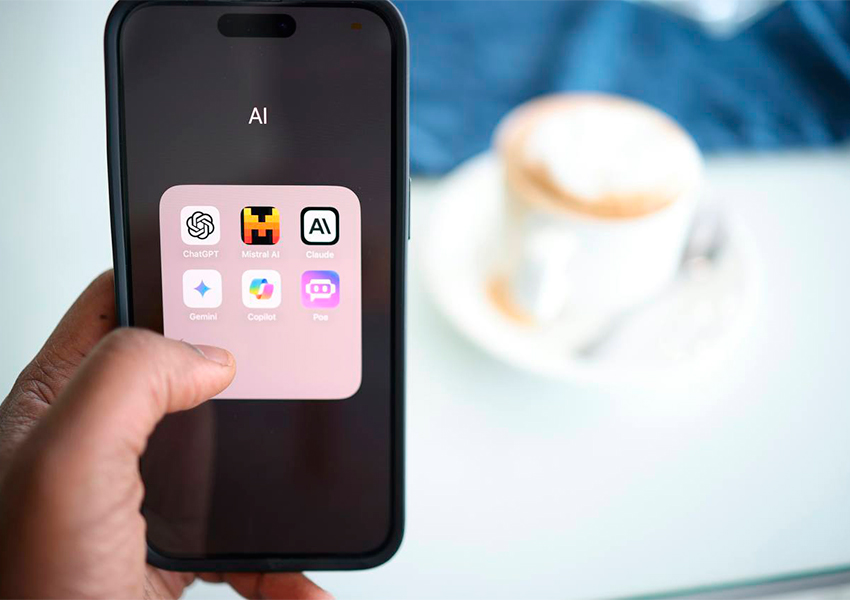As the resident sceptic (or is that cynic?) this isn’t the first time that I’ve written about AI and how un-intelligent it actually is. But as the hype and the corresponding valuations of the massive tech companies involved has only increased since then, there’s probably room for some more negativity. Especially since it appears to be, literally, destroying the internet as we know it.
You will probably have noticed that the AI label gets slapped onto everything these days. Probably because, just like with the whole web3 and blockchain craze we were in previously, jumping on the bandwagon seems to help with exposure for your product or service. It’s especially frustrating given the fact that the “I” part of AI hasn’t actually been achieved yet. AI does not reason, and it does not understand. It can sometimes appear to do these things, to be sure, but we are still talking about algorithms and mathematics being fed massive amounts of data from which they calculate what the most likely response would be.
What technological progress has enabled is that with sufficient processing, memory and storage we can now run massive models that can digest huge amounts of human-generated (and often copyrighted) data which allows it to calculate the most probable answers to a question. When you ask ChatGPT something, it confidently presents you with an answer that is probably mostly right but could also be wrong. Behind the scenes, it actually generates a whole number of possible responses, ranks them from most likely to least likely and then presented you with whatever came in at #1 on its internal list. But you never get to see that part, and I suppose the people who made these chatbots decided that nobody would use them if they only provided answers that started with “probably” or “maybe”.
Personally, I learned a long time ago to not trust someone who never uses the phrase “I don’t know”. Because, sometimes, we don’t know and thus neither does AI.

The same is true of “generative” AI ,which can do visually amazing things with images or video. It’s not generating an image by improvisation or imagination. It’s calculating what you want to see based on all the terabytes of imagery it has been trained on and serves you with the most plausible answers. It’s already been shown that it’s not even difficult to predict what an AI-generated image will look like. But to the untrained eye it can well look like witchcraft and also be amazingly useful — but it is not creative and there are some serious questions to be asked about the morality of training an AI model on real people’s past work in order to then be able to replace those people for future work.
In fact, the huge tech companies long ago decided that they were just going to take all this human-generated content for free because whatever it would cost them later in legal fees would be dwarfed by the benefits if they managed to stay in the lead of the AI arms race. Besides, they know as well as anyone that the millions of small creators (digital or analog) whose works they have fed into the data maelstrom are in no position to start a legal fight with a company near the top of the S&P 500. Larger production houses are supposed to “opt out” of their works being used for training — as opposed to opting in. This is like having to put up with being legally robbed each time you go out onto the street unless you fill in an opt-out form beforehand.
And on the topic of stock prices — analysts have already pointed out that there is an astonishing amount of “circular” spending going on between the biggest names in the AI industry which is inflating the revenue numbers. As a crude analogy, if you pay your friend 10 dollars to dig a hole and he then pays you the same amount back to fill it in, you have generated 20 dollars of revenue between the two of you on paper but no value has been created.
Along a similar vein companies like nVidia, OpenAI, Oracle, AMD and others have hundreds of billions of dollars going back and forth between them as if they’re playing the world’s biggest game of Monopoly.



















